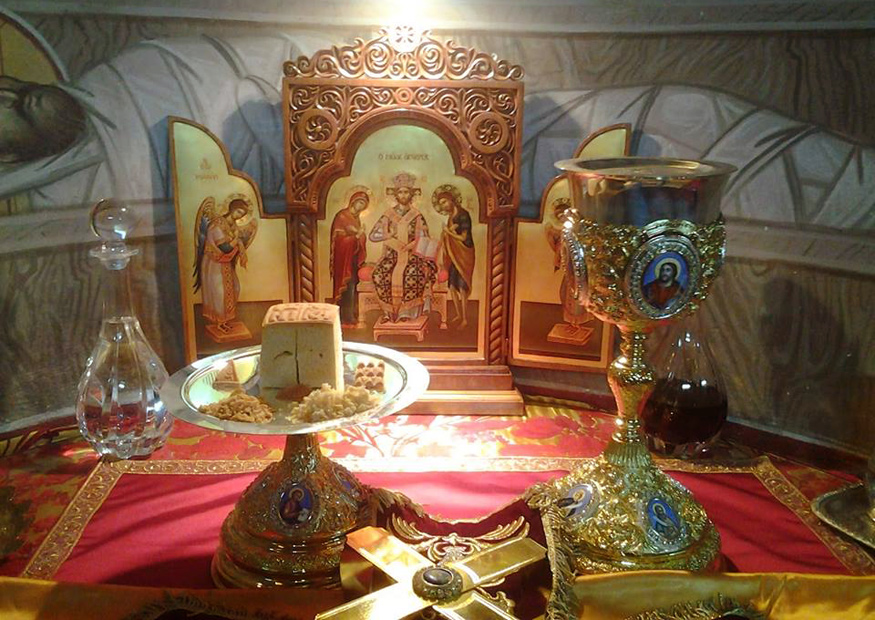 by Fr. Thomas Hopko –
by Fr. Thomas Hopko –
The sacraments in the Orthodox Church are officially called the “holy mysteries.” Usually seven sacraments are counted: baptism, chrismation (or confirmation), holy eucharist, penance, matrimony, holy orders and the unction of the sick.
The practice of counting the sacraments was adopted in the Orthodox Church from the Roman Catholics. It is not an ancient practice of the Church and, in many ways, it tends to be misleading since it appears that there are just seven specific rites which are “sacraments” and that all other aspects of the life of the Church are essentially different from these particular actions. The more ancient and traditional practice of the Orthodox Church is to consider everything which is in and of the Church as sacramental or mystical.
The Church may be defined as the new life in Christ. It is man’s life lived by the Holy Spirit in union with God. All aspects of the new life of the Church participate in the mystery of salvation. [Read more…]

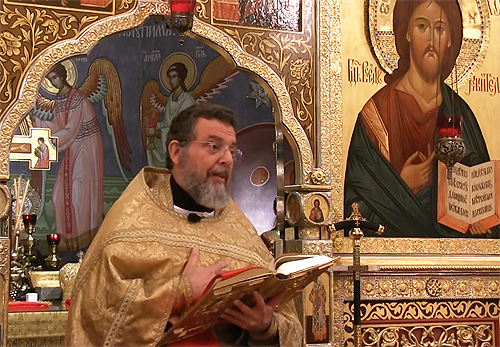 by Fr. Patrick Viscuso –
by Fr. Patrick Viscuso –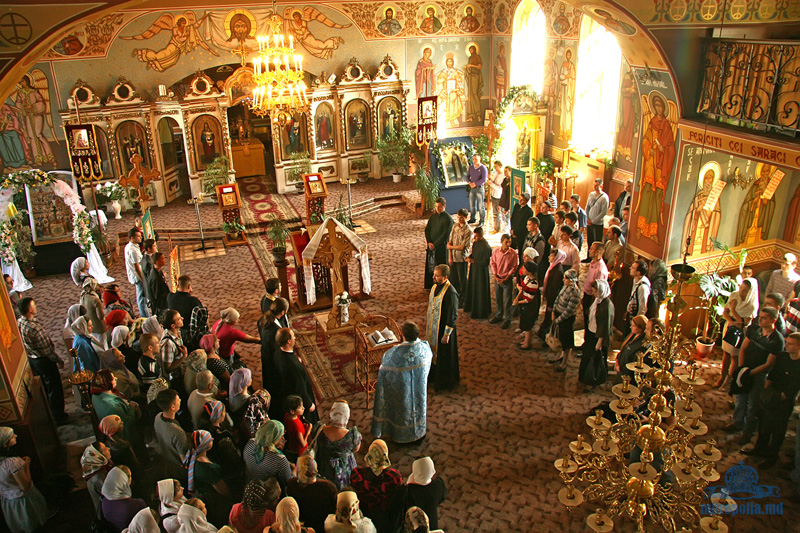 by Fr. Johannes Jacobse –
by Fr. Johannes Jacobse –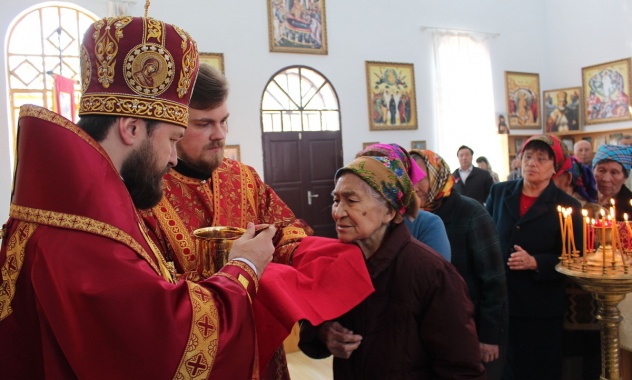 by Fr. Paul Gassios –
by Fr. Paul Gassios –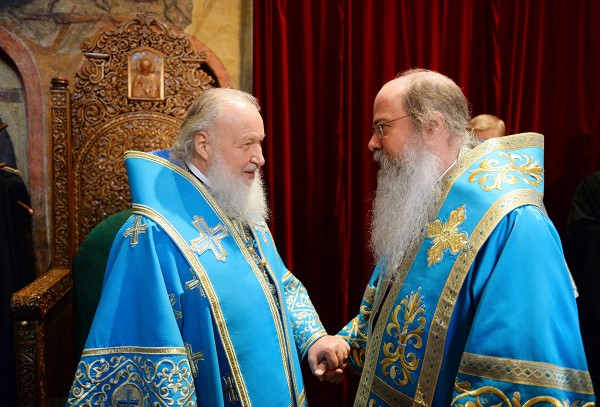 by Patriarch Kirill of Moscow and All Russia –
by Patriarch Kirill of Moscow and All Russia –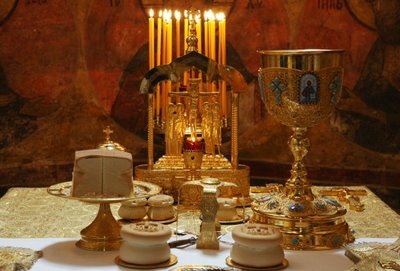 by Metropolitan Hilarion (Alfeyev) –
by Metropolitan Hilarion (Alfeyev) – by Metropolitan Hilarion (Alfeyev) –
by Metropolitan Hilarion (Alfeyev) –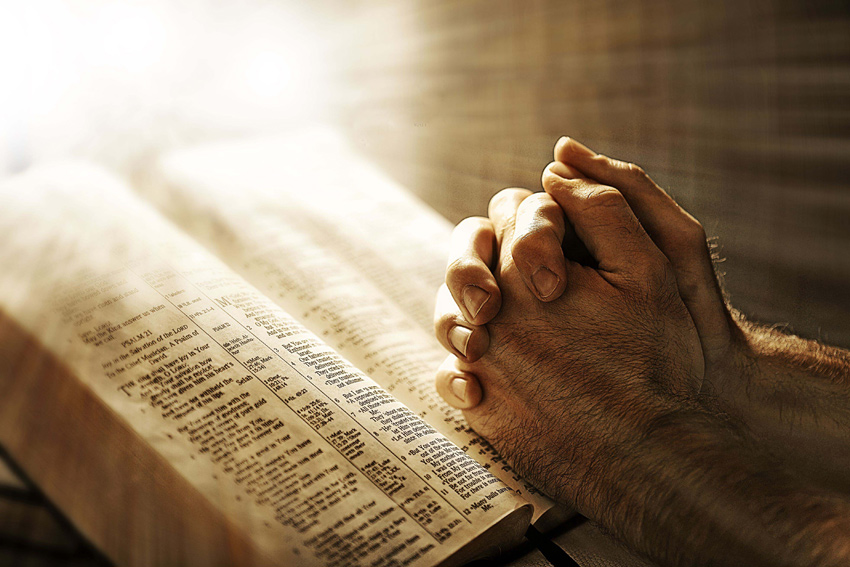 by St. John of Kronstadt –
by St. John of Kronstadt –